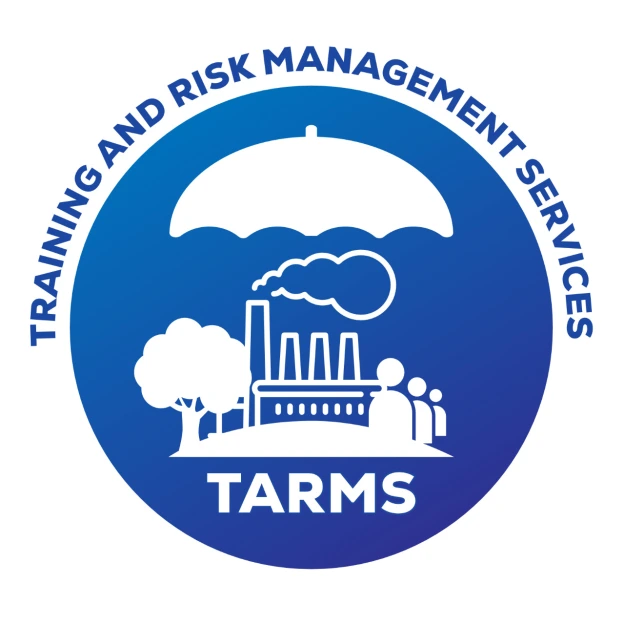
STRESS MANAGEMENT
What is stress
Stress is described as a state of mental strain or anxiety triggered by challenging circumstances. It is a normal human reaction that drives us to confront difficulties and threats in our lives. While everyone encounters stress at some point, how we handle it significantly impacts on our overall well-being.
How does stress affect us?
Stress impacts both our mental and physical health. In manageable amounts, stress can be beneficial, enhancing our ability to perform daily tasks and respond to challenges. However, excessive or prolonged stress can lead to various physical and psychological health issues. Developing effective stress management techniques is essential to reducing feelings of overwhelm and maintaining overall mental and physical well-being.
What are the signs of stress?
Stress can manifest in various ways, making relaxation challenging and leading to a wide range of emotional responses, such as anxiety and irritability. It often affects our ability to focus and may cause physical symptoms like headaches, muscle tension, digestive issues, or sleep disturbances. Changes in appetite, either overeating or loss of appetite, can also be common. Prolonged or chronic stress can aggravate existing health problems and may lead to an increased reliance on substances like alcohol and tobacco.
In addition, ongoing stressful situations can trigger or worsen mental health conditions, particularly anxiety and depression, which may require professional healthcare intervention. When stress becomes persistent and starts to disrupt daily life—such as at work or school—it can indicate the onset of a more serious mental health issue.
Does everyone respond to stress the same way?
No, individuals respond to stress in diverse ways. People’s coping mechanisms and the symptoms they experience in stressful situations can differ significantly. Each person’s reaction to stress is shaped by various factors, including their personality, past experiences, available support systems, and overall mental health. As a result, what may be overwhelming for one person might be manageable for another.
Should we expect to be stressed in difficult situations?
Yes, it is normal to experience stress in challenging situations like job interviews, school exams, heavy workloads, job insecurity, or conflicts with family, friends, or colleagues. For many individuals, stress levels decrease over time as the circumstances improve or as they develop effective coping strategies. Stress can be especially prevalent during large-scale events such as economic crises, disease outbreaks, natural disasters, wars, and incidents of community violence. These situations often intensify feelings of uncertainty and pressure, making stress a common response.
I am feeling stressed, does that mean I cannot work?
Feeling stressed does not necessarily mean you are unable to work. Many people continue to manage their responsibilities effectively despite experiencing stress. However, if stress becomes overwhelming and you find it hard to cope, it’s essential to reach out for support. Speaking with a trusted healthcare provider or a reliable person in your community can provide the guidance and help you need to manage stress and maintain your well-being.
Stress Management
The World Health Organization’s guide, Doing What Matters in Times of Stress, provides practical strategies to help individuals manage stress. These self-help techniques, which can be practiced in just a few minutes each day, are designed to build resilience and promote well-being. The guide can be used independently or alongside its accompanying audio exercises.
Maintain a Daily Routine
Establishing a structured daily routine can improve time management and foster a sense of control. It’s beneficial to schedule regular meals, family time, exercise, household tasks, and recreational activities.
Prioritize Sleep
Adequate sleep is vital for both physical and mental health. Sleep allows the body to repair, relax, and recover from the impacts of stress. Developing good sleep habits, or sleep hygiene, can significantly enhance sleep quality:
- Maintain Consistency: Go to bed and wake up at the same time every day, even on weekends.
- Create a Restful Environment: Ensure your sleeping area is quiet, dark, comfortable, and relaxing.
- Limit Screen Time: Reduce exposure to electronic devices such as TVs, computers, and smartphones before bedtime.
- Avoid Large Meals, Caffeine, and Alcohol: Consuming these close to bedtime can disrupt sleep.
- Incorporate Physical Activity: Being active during the day can help you fall asleep more easily at night.
Foster Social Connections
Stay connected with family and friends and share your concerns with people you trust. Building and maintaining supportive relationships can boost your mood and reduce stress levels.
Eat a Balanced Diet
A healthy diet is crucial for overall well-being. Aim to eat regular, balanced meals and stay hydrated. Whenever possible, include plenty of fresh fruits and vegetables in your diet to support physical health.
Exercise Regularly
Engaging in regular physical activity is a proven way to alleviate stress. This can range from simple activities like walking to more intensive exercises, depending on your preferences and abilities.
Limit News Exposure
While staying informed is essential, excessive exposure to news, particularly on television and social media, can elevate stress. If following the news increases your anxiety, consider setting limits on the time you spend engaging in it.
Practice Mindfulness and Relaxation Techniques
Mindfulness involves paying attention to the present moment without judgment. Techniques like deep breathing, progressive muscle relaxation, and guided meditation can help calm your mind and reduce stress. Just a few minutes of focused breathing or meditation daily can lower stress levels and improve mental clarity.
Set Realistic Goals and Prioritize Tasks
Breaking tasks into smaller, manageable steps can make large responsibilities feel less overwhelming. Set achievable goals and prioritize your activities based on their urgency and importance. This practice can create a sense of accomplishment and reduce anxiety over incomplete tasks.
Take Breaks and Relax
Incorporate short breaks into your daily schedule, especially if you’re working on challenging tasks. Stepping away for a few minutes to stretch, walk, or engage in a relaxing activity can help refresh your mind and reduce stress.
Seek Professional Support
If stress becomes unmanageable, consider seeking guidance from a mental health professional. Counselors, therapists, and support groups can provide valuable tools to help you build resilience and develop effective coping mechanisms.
Engage in Hobbies and Leisure Activities
Set aside time for hobbies and activities that you enjoy, whether it’s reading, painting, cooking, or gardening. Engaging in activities that bring you joy can be a powerful way to alleviate stress and improve overall well-being.
Reduce Caffeine and Sugar Intake
While a moderate amount of caffeine or sugar can provide a quick energy boost, too much can lead to anxiety, irritability, and energy crashes. Try to limit these stimulants and choose healthier alternatives to help keep your energy levels steady.
Practice Gratitude
Cultivating gratitude can shift your focus from negative emotions to positive aspects of your life. Take time each day to reflect on or write down things you’re grateful for, which can help foster a more positive mindset and reduce stress.
Accept What You Can’t Control
Some situations are beyond our control, and accepting this can help reduce stress. Focus on what you can change and let go of worries about things that are out of your hands.
Nutshell
By integrating these strategies into your routine, you can effectively manage stress and maintain a healthier, more balanced life.

